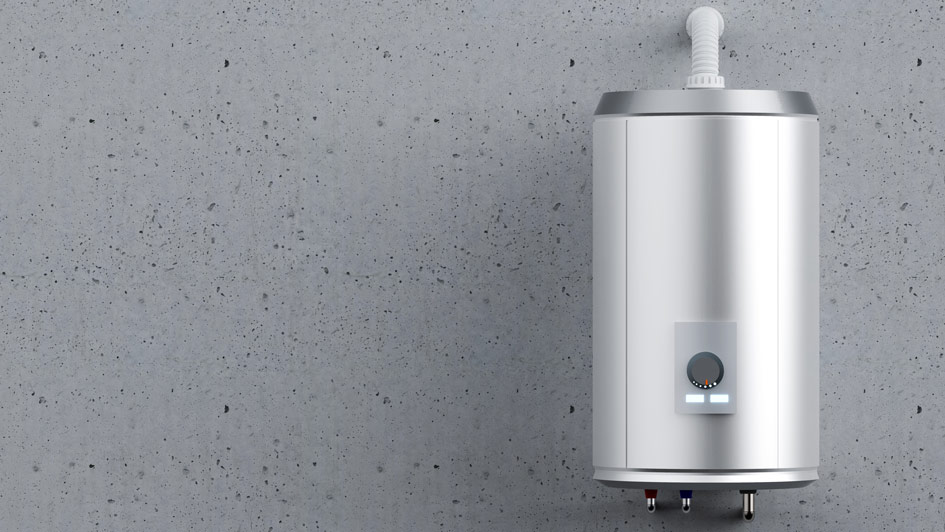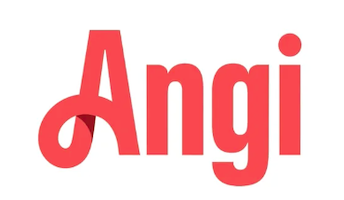
You may already have “smart” devices and appliances installed throughout your home without knowing it. If you can control your thermostat from your smartphone or flip your lights on and off while you’re on the other side of town – those are typical smart devices.
Even plumbing products are increasingly “smart” these days. Smart plumbing products can include smart water heaters, smart leak detectors, and smart water monitors.
Installing smart plumbing devices and appliances can establish an extra layer of convenience and protection to your home, as well as lower your daily water usage and monthly water bills. Continue reading to learn more about the perks of installing smart plumbing products. And if you’re considering adding one to your plumbing system, see to it that you have the help of a trusted plumber in Manassas.
Chances are you already have “smart” devices and appliances installed throughout your home without being aware of it. If you can adjust your thermostat from your smartphone or flip your lights on and off while you’re on the other side of town – those are considered smart devices.
Even plumbing products are becoming “smart” these days. Smart plumbing products may include smart water heaters, smart leak detectors, and smart water monitors.
Installing smart plumbing devices and appliances can add an extra layer of convenience and security to your home, as well as reduce your daily water usage and monthly water bills. Keep reading to learn more about the benefits of installing smart plumbing products. And if you’re thinking of adding one to your plumbing system, see to it that you have the help of a trusted plumber in Manassas.
Plumbing Leak Smart Detectors
When a pipe bursts or your basement or crawlspace floods due to heavy rain, it’s pretty obvious that your home is struggling with a serious water leak that may lead to significant damage. But some leaks aren’t as noticeable. Even small water leaks from appliances or plumbing pipes can eventually add up, contributing to higher bills and the potential for damage to your home.
That’s where a smart water leak detector can help. Leak detectors can be installed in bathrooms, basements, underneath the kitchen sink, and near water-using appliances. Smart leak detectors track home water usage and alert you via your smartphone if it detects irregular water usage in your home – which can indicate a leak someplace. They can also alert you if they detect a leak, or a running toilet.
If you’re on vacation and your water heater suddenly starts leaking, you’ll be alerted right away via your smartphone so you can contact a professional to get the leak fixed and prevent further damage to your home.
Energy Efficient Smart Water Heaters
Did you know the typical water heater accounts for about 12% of a family’s energy consumption, second only to your heating and cooling system? To keep your hot water heater’s energy consumption in check, try upgrading to a smart water heater. Smart water heaters come supplied with energy-saving features and remote controls.
So how do smart water heaters differ exactly? Equipped with smart technology, a smart water heater can evaluate your home’s water-usage preferences and even anticipate usage and make automatic adjustments. Traditional tank water heaters, for example, must continuously heat water during the day so hot water is ready when you need it. With a smart water heater, though, you can shut your water heater off during the workday when you’re out of the house or when you’re away for work or vacation.
This can conserve energy, reduce water bills, boost safety, and supply more control over your appliance. While we're talking about control, if you have a shower at 7 a.m. every day, you can program your water heater to turn on at 6:45 so you’ll have hot water waiting for you. Smart water heaters also notify you of any leaks or system errors via your smartphone. If leaking is detected, for example, the smart water heater will automatically turn off. This reduces damage to the appliance and your home.
Smart Water Monitor
Most of us probably have no idea how much water we’re using on a daily basis. Smart water monitors are particularly useful if you'd like to lower your water consumption and save money on your monthly water bills.
Smart water monitors can capture helpful data that shows how much water you are using in your home or business and how much each appliance or fixture is using. The bulk of water monitors include a web-based interface that helps you to track water usage in real-time. This sort of information can help you learn if you have an inefficient toilet that needs to be upgraded, or if someone in your family is regularly taking 30-minute showers in the upstairs bathroom–allowing you to make appropriate adjustments.
Aside from saving money on your water bills, smart water monitors help homeowners reduce their carbon footprint to make sure there is plenty of water for future generations to come.






